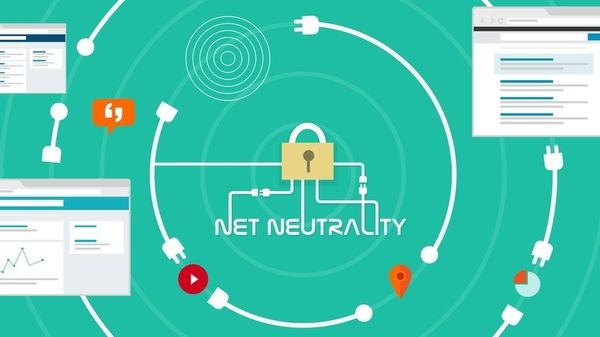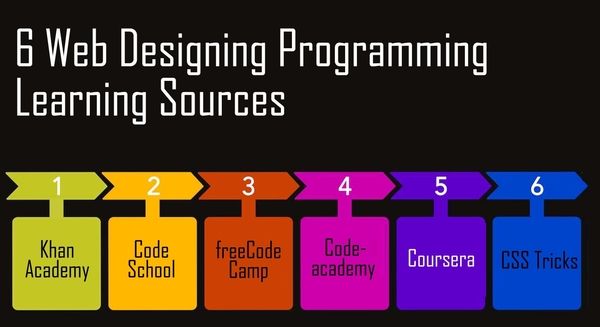
What Are the Pros and Cons of Net Neutrality?
November 1, 2018
6 Web Designing Programming Learning Sources
November 6, 2018AI has become a bigger part of our everyday lives – and it also hits the headlines a lot. It’s difficult to keep track of all the stories and new developments, but a new infographic, Rise of the Machines, aims to help separate fact from fiction.
So, What Is AI?
AI stands for artificial intelligence. Artificial intelligence is software that has the ability to learn and adapt in a way that’s similar to the human brain.
It can:
- Plan
- Solve problems
- Perceive
- Reason
- Recognize
There are two types of AI: narrow, which can do specific activities, and general, which can use its past experience to complete new tasks. Narrow AI is much more common.
What Can AI Do?
AI is capable of a lot of different tasks, big and small. It’s ideal for carrying out monotonous tasks that humans might get wrong or get bored of, since it doesn’t make the same errors we do, and its speed means it can save time for researchers. It’s also useful for security because it can’t be bribed or blackmailed. And its ability to make predictions could become vital for healthcare.
Read on to find out what else could be in store for AI as the technology becomes more advanced:

